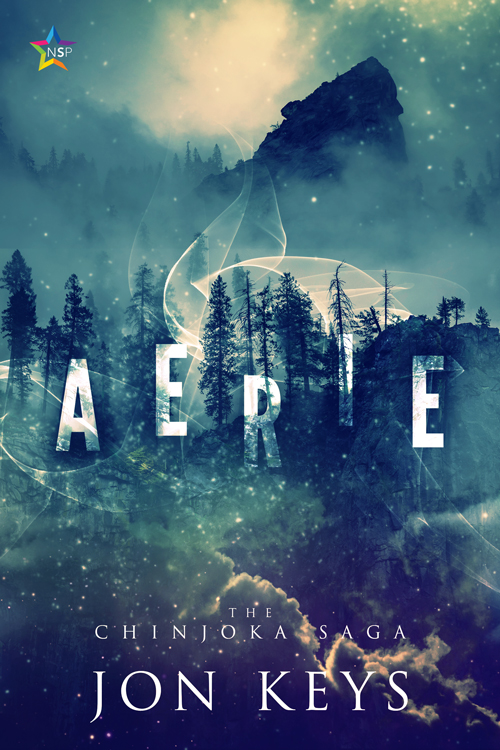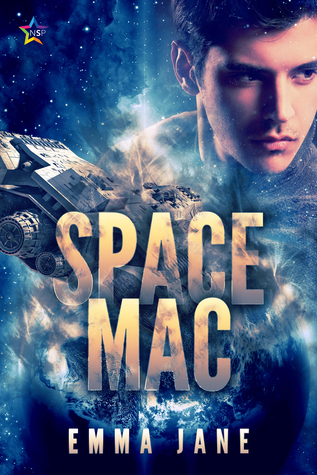Book review: "Aerie" by Jon Keys

I requested Aerie from NineStar Press, LLC on NetGalley based on the description and the fact that it is a blend of fantasy and LGBTQIA+ genres.
Description
Askari, Dhala, and Gyam grew up as childhood friends during happier days for the Chinjoka, an Iron Age people with the ability to shapeshift, but now they must learn their place among the tribe while dealing with both a devastating plague and war with the Misiq.
Ena is a young warrior for the more savage Misiq, a tribe whose cruelty exemplifies their deity—the Angry God. The Misiq, also shifters, have declared a genocidal war against the Chinjoka, blaming them for the disease devastating both tribes. As a result, they are locked in a battle for survival. But when Ena is shown compassion by those he means to harm, he begins to question all he’s ever known.
A chance meeting changes their lives, and maybe their tribes, forever.
Review
Aerie sort of throws you in the world with little exposition. It took me a second to understand what was happening and why it was relevant. The writing is solid enough, however, lacks the descriptions that would have enriched the experience for me as a reader and made the world easier to comprehend.
The fantasy world of Aerie is set in Iron Age, which is not something that is very common for this genre, much less LGBTQIA+ romance. However, one of my favourite indie series has a similar setting and has set the bar pretty high, and, unfortunately, Aerie didn’t live up to my expectations.
I was a bit confused about what kind of creatures the characters shifted into: perhaps, some versions of prehistoric animals and birds and dinosaurs? I would have preferred more explanations concerning the magic system and how the gods fit into it as well. The world seemed a bit undeveloped, and most things were explained as “this is how things are”, and that was it.
My biggest problem was with the feud between Chinjoka and Misiq which was a big part of the plot. The author failed to fully explain why the war had begun, skipping over details and mentioning briefly that Misiq blamed the other tribe for the plague but never clarified why or how. The use of the world “genocide” in the book which is set in Iron Age was ridiculous. I would have understood “blood feud” or “blood war” or whatever else, but inserting a contemporary term into the narrative was a mistake.
The writing was not too bad, and once I familiarized myself with the world, I began to enjoy the story. I did find that the relationships were not as well developed, as I would have preferred. I do, however, appreciate the fact that the sexuality in this world was never an issue and the only conflicts resided either in the war between tribes or within the characters themselves.
The book ends with the issues resolved for the characters but not the tribes. I am rather curious to know whether this is supposed to be a stand-alone or not, as the plot certainly can be developed into a series.
However, I did enjoy Aerie to a certain extent and I would be interested in reading a sequel if there is ever one.
Rating: 3 stars
More of my book reviews
Links:


